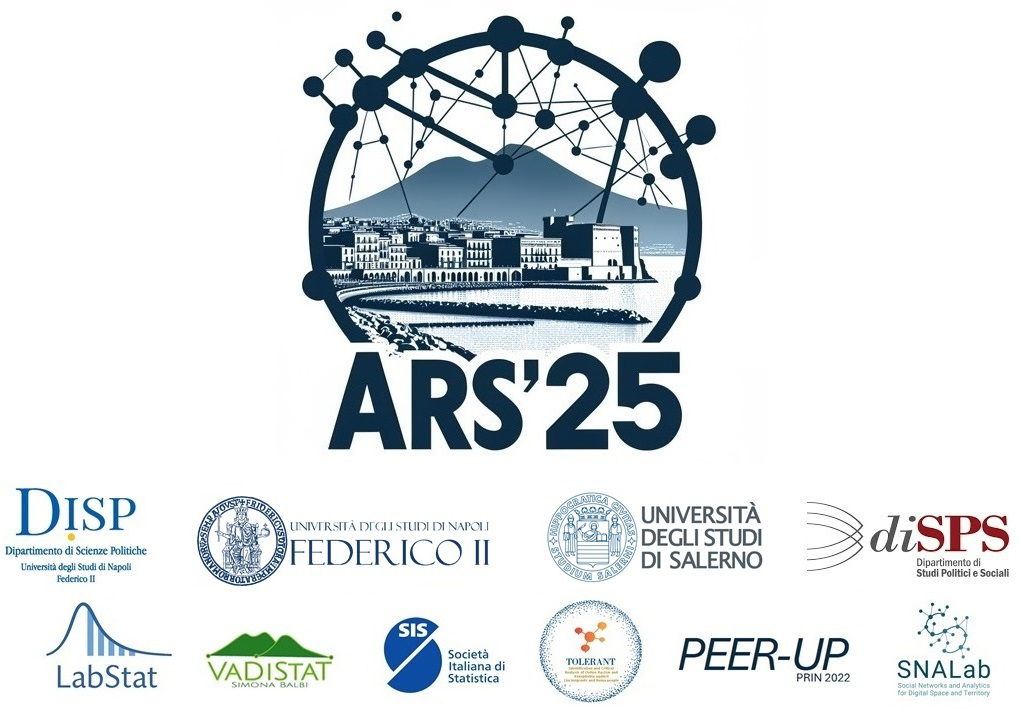Charitable food provision (CFP) has grown into a structured yet contested component of urban welfare, increasingly reliant on cross-sectoral partnerships and surplus redistribution mechanisms. This contribution presents a mixed-method protocol for reconstructing the emergence and consolidation of CFP fields over the past 25 years in Italy, the Netherlands, and Japan—three countries marked by...
Community interventions addressing violence against women often reflect a fragmented governance model, where collaboration among specialized (anti-violence centres) and generalist services (social service, hospital, police) remains weak. This fragmentation hinders the development of integrated multi-agency responses, limiting the capacity to mobilize social and institutional resources in...
In the rural area of Capitanata (FG), agricultural labor exploitation and illegal intermediation systems persist due to weak welfare structures and limited institutional coordination. In response, an informal inter-organizational network of third sector and civil society actors has emerged to support and protect migrant workers’ rights.
In this context, this contribution aims to explore the...
This study explores how mahallas – traditional neighborhood organizations in Uzbekistan – mediate community interventions through dense webs of social relationships shaped by cultural norms. By combining social network analysis (SNA) with ethnographic fieldwork in two urban mahallas, the research investigates how everyday practices such as hashar (collective labor) and targeted resource...
This study employs social network analysis to examine how positively energizing leadership behaviors, or behaviors that include virtuous and relational energy as perceived by followers, flow through organizational networks and impact employee well-being. While previous research has established that positively energizing leaders create vitality and enthusiasm among employees through specific...
Population ageing poses significant challenges for societies, particularly in the provision of services and support for older adults. While formal services such as home care and volunteering help meet some of their needs, informal social support, provided by relatives, friends, and neighbours, are equally important. In 2020 during the COVID-19 pandemic, 7.8% of elderly individuals in Slovenia...

